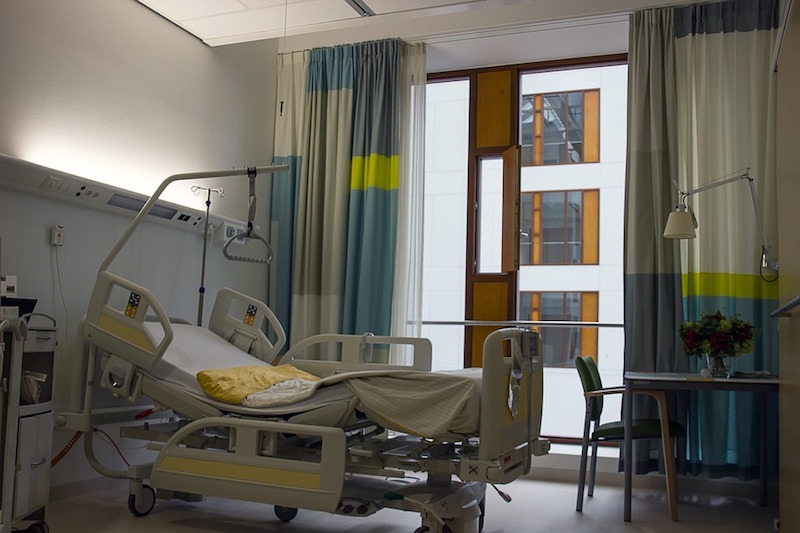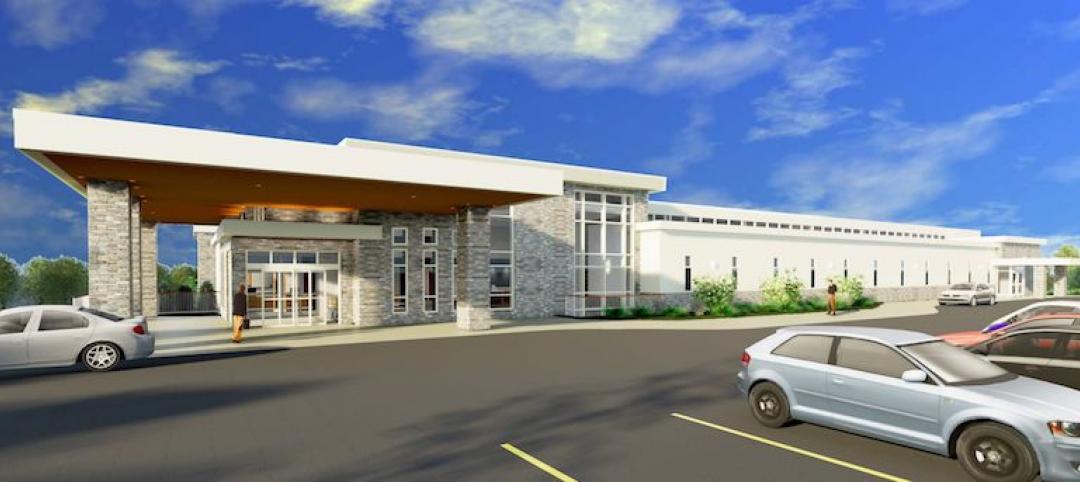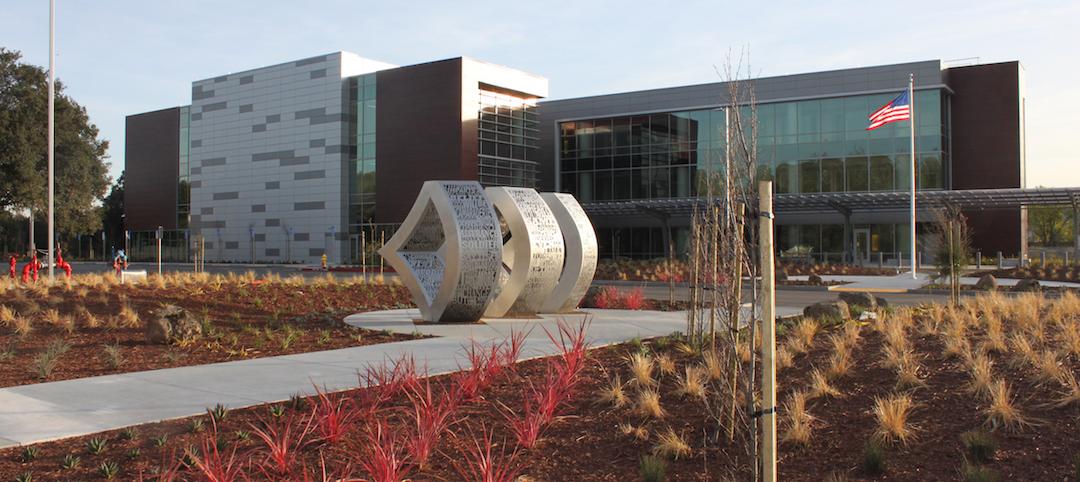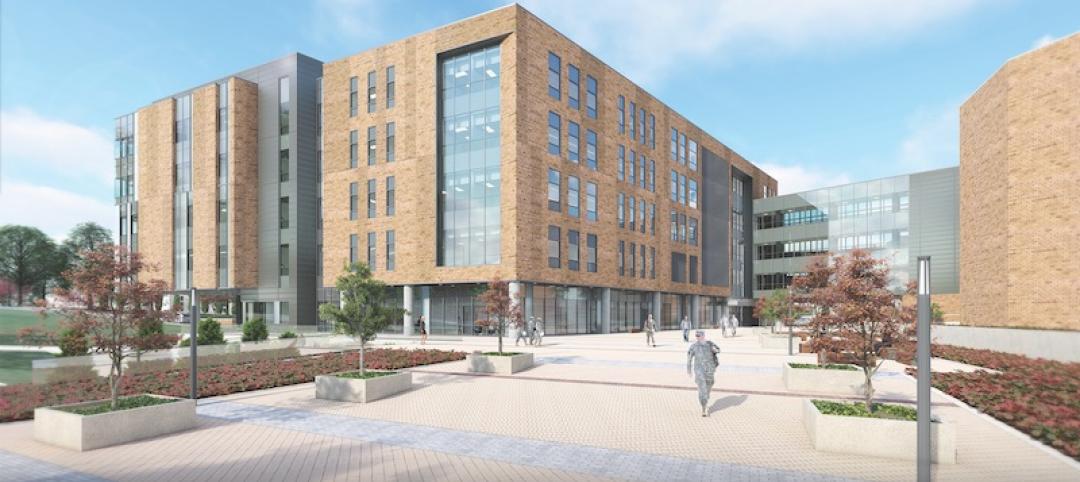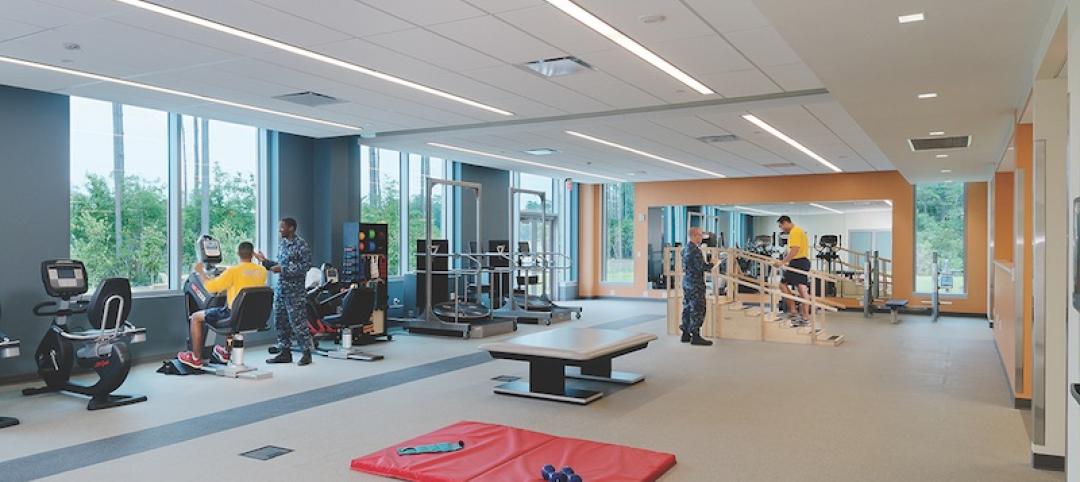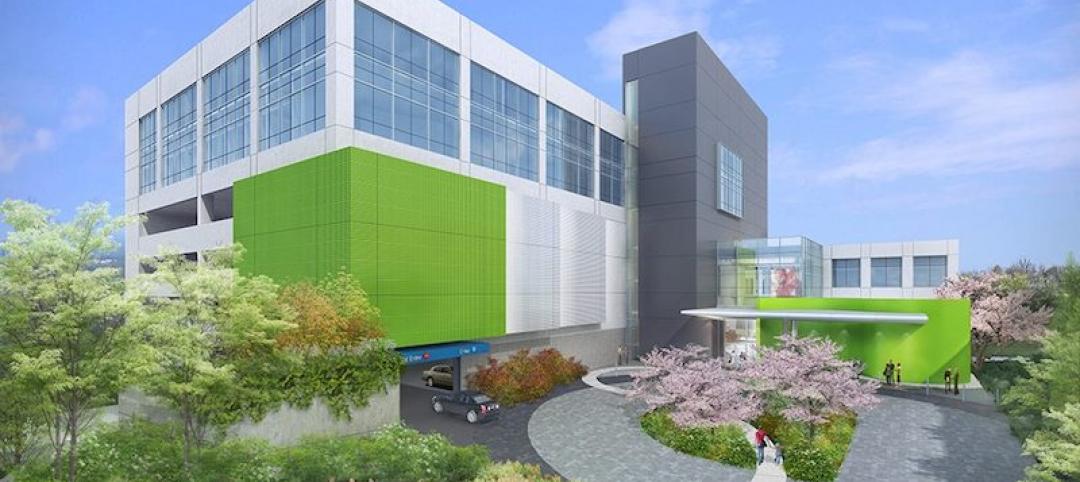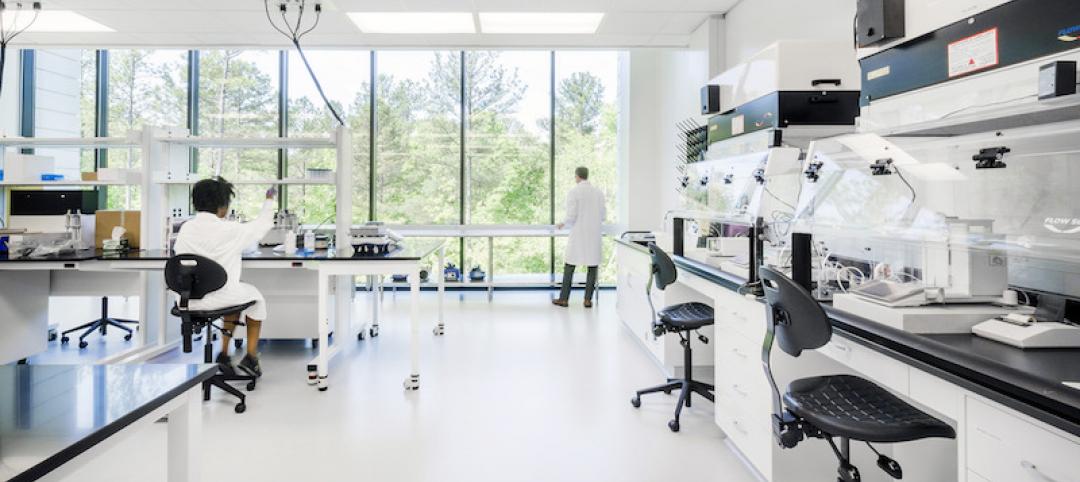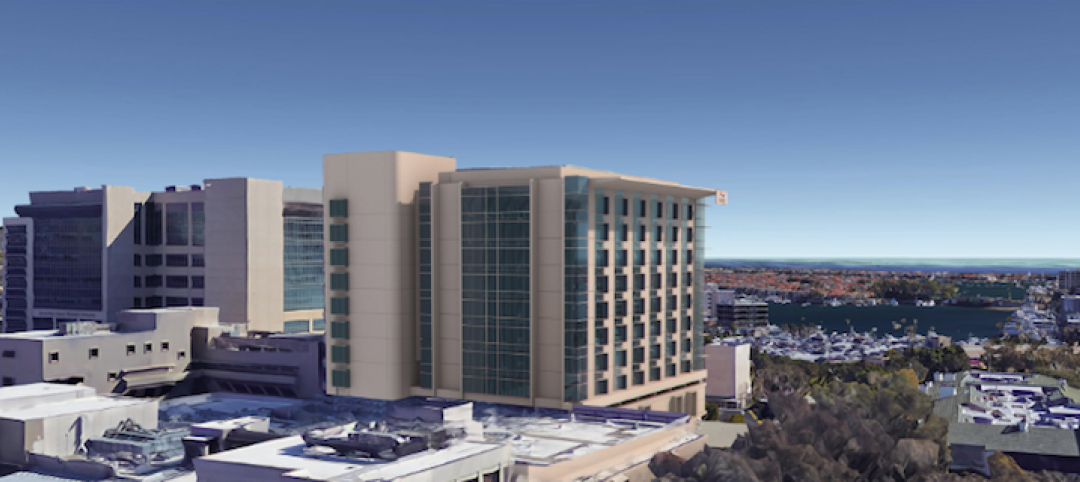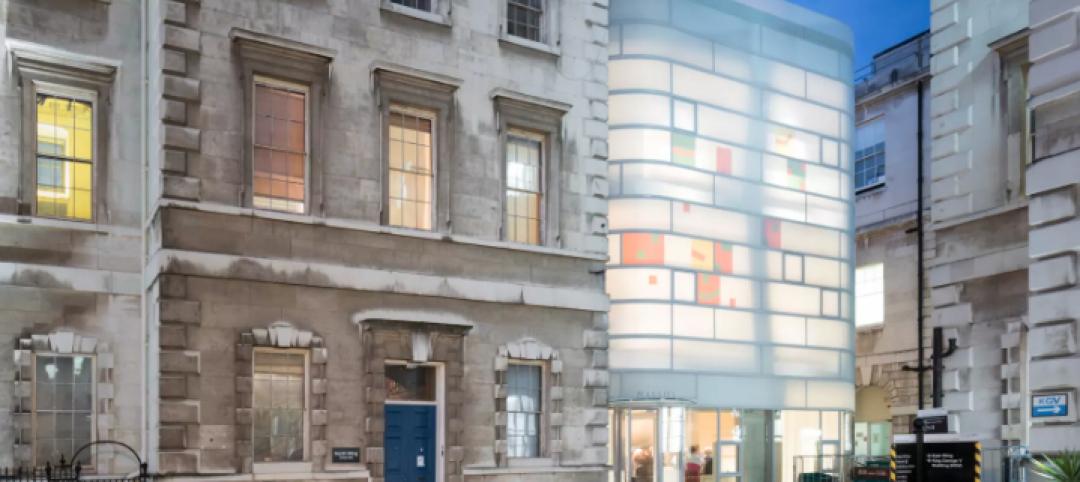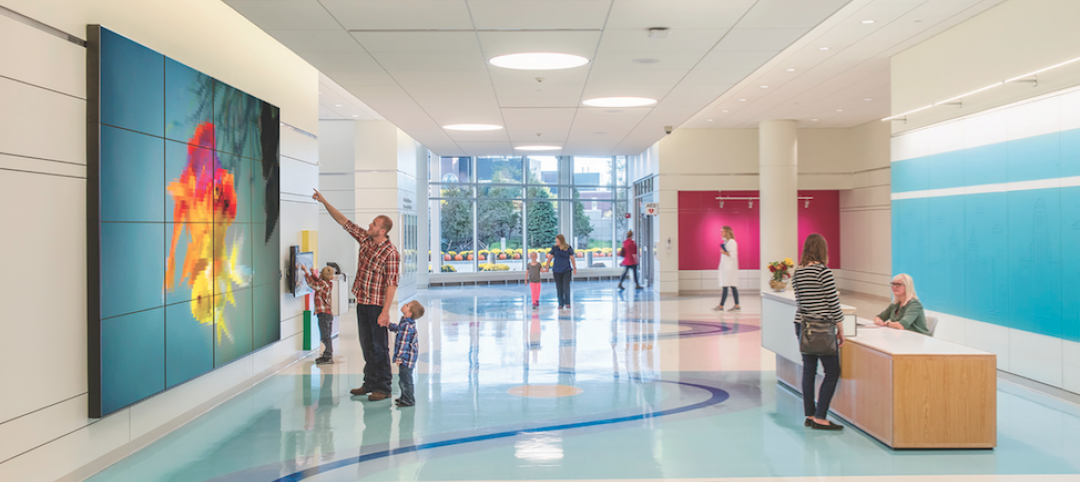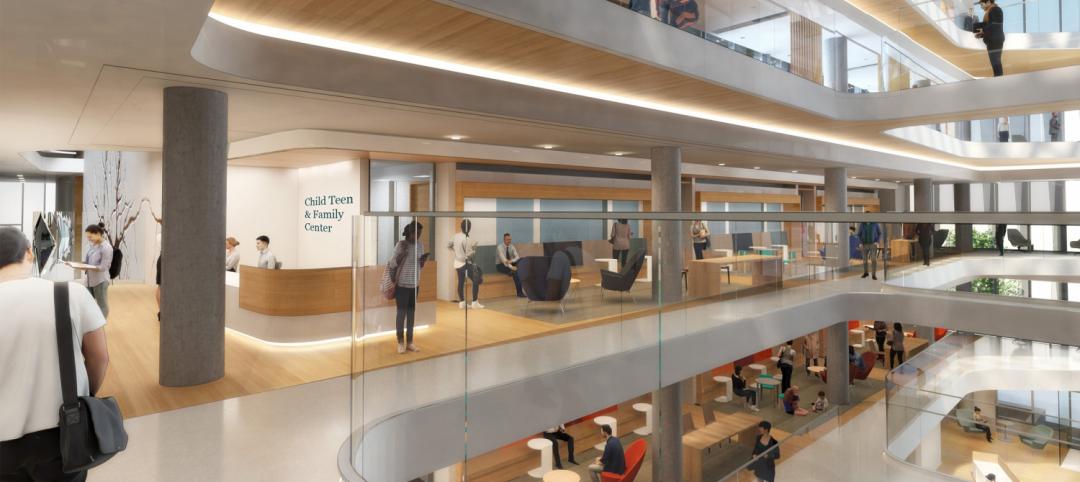New insights recently released from Steelcase Health underscore the importance of family participation during a patient’s hospital stay and highlight how patient room design can impact family experiences and influence patient satisfaction and outcomes. The company’s findings also reveal that, in most current patient room settings, many family members still have significant unmet needs.
Well-designed healthcare environments can be a powerful tool in supporting a family’s ability to meaningfully engage in their loved one’s care, but many hospitals have yet to fully harness their spaces to maximize this engagement,” says Michelle Ossmann, MSN, PhD, Director of Healthcare Environments at Steelcase Health.
Healthcare environments are often not designed to support the roles that family members play in a patient’s journey. Steelcase Health researchers identified five key issues that can affect family wellbeing and engagement in a patient room:
- Family members can be unintentionally blocked from critical communications.
- Difficult sleeping conditions.
- No place to share a meal.
- Uncomfortable hospitality environment
- Nowhere to plug in
The company’s findings show that family members need intuitive, welcoming and hosted environments that both support fundamental needs, such as sleeping, sharing meals and working, and assists them in productively partnering with clinicians to meet their loved one’s healthcare needs.
The findings from Steelcase Health bolster research on current healthcare trends such as patient and provider satisfaction as quality indicators, the focus on patient-and-family-centered-care, and the adoption of patient and family advisory boards and councils at hospitals and health systems.
For more information on the unmet needs of patient families, click here.
Related Stories
Healthcare Facilities | Oct 30, 2018
Orthopedic Associates of Hartford unveils plans for 45,000-sf surgical center
MBH ARCHITECTURE is the architect for the project.
Healthcare Facilities | Oct 29, 2018
Outpatient clinics bring the VA closer to injured veterans
The Department of Veterans Affairs is making efforts to improve its construction management and align its design guidelines to industry standards.
Healthcare Facilities | Oct 22, 2018
WSP-HKS JV signs deal for U.S. Navy construction work
The contract is not exclusive to the two firms, but it lets NAVFAC assign certain projects to them.
Healthcare Facilities | Oct 12, 2018
N.Y. builder pushes to get military trauma centers up and running quicker
To date, seven NICoE Spirit satellite centers have been built on the grounds of Fort Belvoir in Virginia, Camp Lejeune and Fort Bragg in North Carolina, Fort Campbell in Kentucky, Fort Hood in Texas, Joint Base Lewis-McChord in Washington, and Camp Pendleton in California.
Healthcare Facilities | Sep 7, 2018
Medical office construction isn’t keeping pace with the aging of America
A new Transwestern report suggests a “rethinking” of healthcare delivery approaches that lean heavier on technology.
Engineers | Aug 22, 2018
An electrical engineer’s take on designing successful pharmaceutical lab space
Patrick Licklider, PE, CEM, GGP, LEED AP BD+C, an electrical engineer in Clark Nexsen’s Science + technology practice, shares his perspective on what it takes to successfully design laboratory and manufacturing environments for the fast-changing pharmaceutical and biotech industry.
Healthcare Facilities | Aug 3, 2018
Seismic deadlines approaching for healthcare companies
California hospitals can save money with a holistic approach to retrofit issues.
Healthcare Facilities | Jul 30, 2018
Best in healthcare design 2018: Seven projects win AIA/AAH Healthcare Design Awards
The Steven Holl-designed Maggie’s Centre Barts cancer treatment facility in London highlights the honorees of the AIA Academy of Architecture for Health 2018 Healthcare Design Awards.
Healthcare Facilities | Jul 26, 2018
Healthcare market trends 2018: Health systems get leaner, more resilient
Hospitals set their sights on improving patient convenience and operational efficiency.
Healthcare Facilities | Jul 11, 2018
5 ways design is transforming behavioral healthcare
Circadian lighting, calming materials, and transparency are helping to normalize the patient experience in behavioral healthcare.


